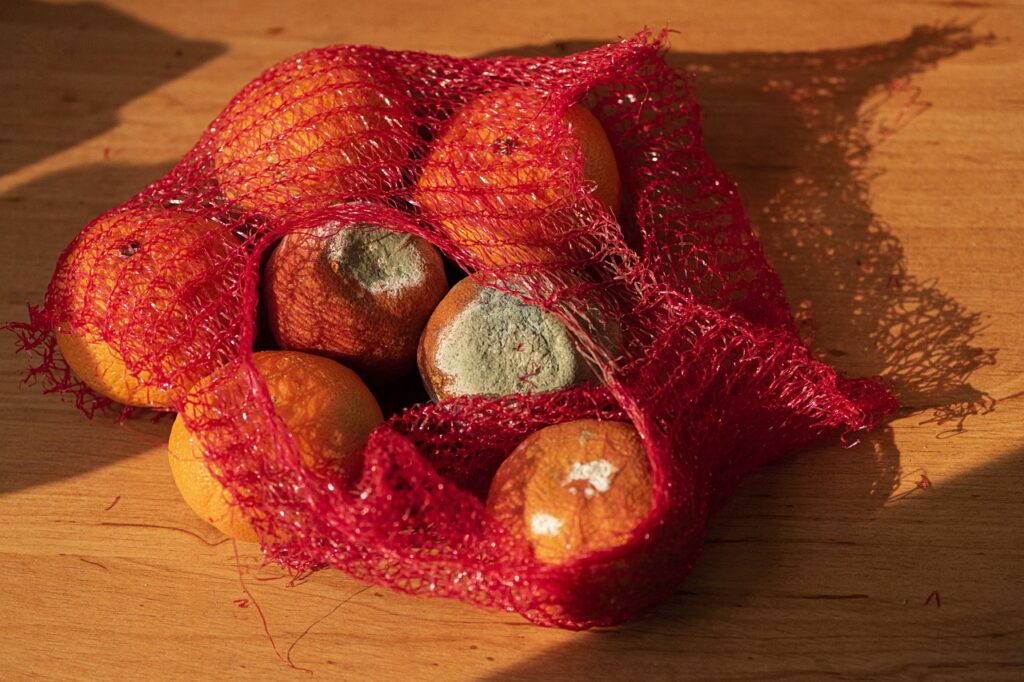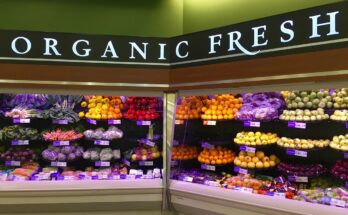Are you tired of throwing away food that has gone bad before you can even enjoy it? Well, you’re in luck! Food processing plays a crucial role in reducing food waste and ensuring that your meals stay fresh for longer.
By using various techniques such as canning, freezing, and dehydration, food processors are able to extend the shelf life of perishable items, allowing you to enjoy them at a later time. These methods preserve the freshness and flavor of fruits, vegetables, and other food products, making sure that they don’t end up in the trash.
Additionally, proper food processing minimizes spoilage by maintaining the quality and safety of the food. With a sustainable and resource-efficient food system, we can all contribute to reducing food waste and making our meals last longer.
So, next time you’re at the grocery store, remember the important role that food processing plays in reducing waste and choose processed products that can help you minimize food waste in your own kitchen.
Extending Shelf Life through Canning
Did you know that canning is a game-changer when it comes to extending the shelf life of your food? By sealing food in airtight containers, canning helps to preserve the quality and nutrients of the food for a longer period.
The process involves heating the food to kill bacteria and other microorganisms, preventing spoilage and foodborne illnesses. Canning also eliminates the need for refrigeration, allowing you to store your food at room temperature for months or even years. This not only reduces food waste but also saves money by minimizing the need for frequent grocery shopping.
Plus, canned food is convenient and readily available, making it an ideal option for emergencies or times when fresh food is scarce. So, next time you have surplus fruits, vegetables, or even meats, consider canning them to extend their shelf life and reduce food waste.
Freezing Techniques to Preserve Freshness
By utilizing freezing techniques, you can effectively retain the natural flavors and nutrients of fresh produce, ensuring long-lasting freshness and minimal waste. Freezing is a popular method of food preservation because it slows down the growth of bacteria, enzymes, and other microorganisms that cause food spoilage.
When fruits and vegetables are frozen at their peak ripeness, they retain their nutritional value and taste. The process involves quickly freezing the produce at extremely low temperatures, which helps to maintain their texture and color. Additionally, freezing allows you to extend the shelf life of perishable items, reducing the amount of food waste generated.
By freezing fresh produce, you can enjoy seasonal fruits and vegetables all year round, while also minimizing your environmental impact.
Dehydration Methods for Long-Term Storage
To preserve your fresh produce for long-term storage, you can use dehydration methods that will transform vibrant fruits and vegetables into delicious and lightweight snacks that can easily fit in your backpack for your next adventure.
Dehydration involves removing the water content from the food, which helps to inhibit the growth of microorganisms that cause spoilage. One common method is air drying, where you simply spread out the produce in a well-ventilated area until it becomes dry and leathery.
Another option is using a food dehydrator, which evenly distributes heat and airflow to speed up the drying process.
Once your fruits and vegetables are dehydrated, they can last for months or even years if stored properly in airtight containers. Not only does dehydration help to reduce food waste, but it also concentrates the flavors, making your snacks even more delicious.
Minimizing Spoilage with Proper Food Processing
Properly processing your food is essential for minimizing spoilage and extending its shelf life. When it comes to food processing, there are several techniques you can use to reduce waste and ensure that your food stays fresh for longer.
One method is blanching, which involves briefly boiling vegetables and then immediately placing them in ice water to halt the cooking process. This helps to preserve their color, texture, and nutrients.
Another technique is canning, where food is heated to a high temperature to kill bacteria and then sealed in airtight containers. This method is ideal for fruits, vegetables, and even meats.

Additionally, fermenting and pickling are effective methods for preserving food by harnessing the power of naturally occurring bacteria to create an acidic environment that inhibits spoilage.
By employing these food processing techniques, you can reduce waste and enjoy your favorite foods for a longer period of time.
Creating a Sustainable and Resource-Efficient Food System
Maximize the longevity of your meals and make a positive impact on the environment by embracing sustainable practices in our food system. By creating a sustainable and resource-efficient food system, we can significantly reduce food waste.
Food processing plays a crucial role in achieving this goal. Through innovative technologies and techniques, we can extend the shelf life of perishable foods, reducing the chances of spoilage and waste. Proper processing methods, such as canning, freezing, and drying, preserve the nutritional value of food while preventing spoilage.
Additionally, by utilizing by-products and waste from processing, we can minimize waste and maximize resource efficiency. This includes transforming food scraps into animal feed or biofuels.
By implementing sustainable practices in our food system, we can not only reduce food waste but also conserve resources and contribute to a healthier planet.
Conclusion
So there you have it – the role of food processing in reducing food waste. By extending shelf life through canning and using freezing techniques to preserve freshness, we can create a sustainable and resource-efficient food system. Additionally, by utilizing dehydration methods for long-term storage and minimizing spoilage with proper food processing, we can contribute to reducing food waste. With these methods, we can ensure that more food is available for consumption.
So next time you’re in the kitchen, remember the importance of food processing in reducing food waste.




